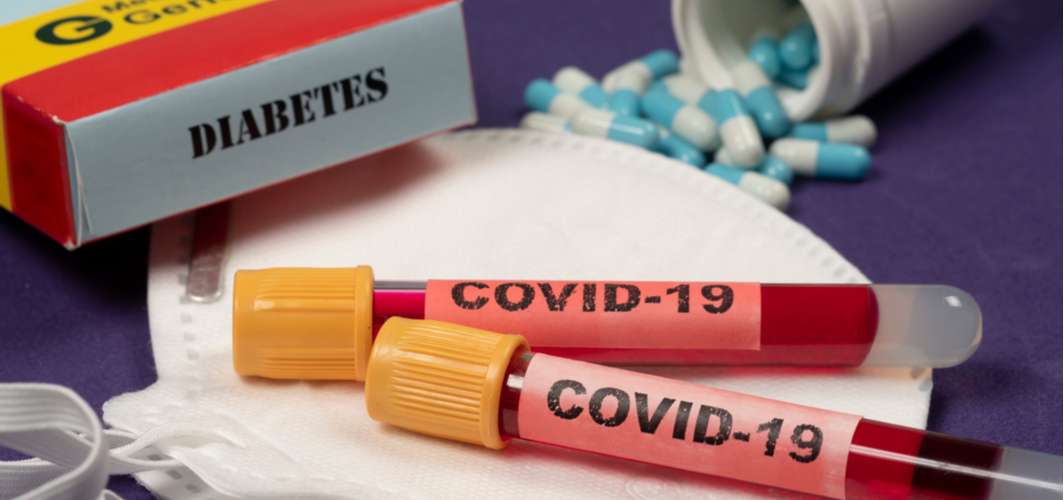Diabetes Management
What Foods Should You Avoid For Kidney Disease And Diabetes?
2 min read
By Apollo 24|7, Published on - 10 July 2024
Share this article
0
0 like
.jpg?tr=q-80)
When diagnosed with kidney disease and diabetes, making dietary changes becomes a crucial part of managing your health. The kind of food you consume can have a significant impact on your blood sugar levels, and consequently, your kidney function. Here’s an insight into foods you should steer clear of to ensure your kidney function remains optimal and your diabetes in control.
Understanding High Sodium Foods
Foods high in sodium, such as processed meats, canned foods, instant meals, and other highly processed items should be avoided. Consuming too much sodium can strain your kidneys and raise your blood pressure, exacerbating both kidney disease and diabetes.
The Challenge with High Protein Foods
High protein foods such as red meat contain a high concentration of protein and fat. Consuming these in excess can damage the kidney's filtering cells. While proteins are needed for body repair and growth, moderation is key for individuals with kidney disease.
Beware of High Potassium and Phosphorus Foods
Certain fruits and vegetables like spinach, beet greens, and chard are high in potassium and phosphorus. Damaged kidneys find it difficult to process these minerals leading to unhealthy accumulation in the body.
Avoid Sugary, Refined Carbohydrate, and Alcohol
Fruit juices, sodas, and foods high in added sugars or refined carbohydrates can spike blood glucose levels, worsening diabetes control.
Alcohol in large amounts can negatively impact kidney function and interfere with diabetes medications. Limit consumption or avoid it entirely for the best health outcomes.
By focusing on a diet rich in fruits, vegetables, whole grains, lean proteins, and healthy fats while limiting sodium, potassium, phosphorus, and added sugars, you can effectively manage both kidney disease and diabetes. Joining the Apollo Super 6 programme could also be an excellent step towards achieving better health control. Providing personalised plans and expert consultations, the programme is designed to help manage individuals with type 2 diabetes.
Diabetes Management
Consult Top Diabetologists
View AllLeave Comment
Recommended for you

Diabetes Management
Why is Controlling Diabetes Even More Important During the COVID-19 Pandemic?
The Coronavirus can infect anybody in the community, but the elderly and people with underlying conditions such as diabetes, heart conditions, lung disease, etc. are likely to be most severely ill if they contract the virus.

Diabetes Management
Warning Signs of Diabetes in Women
Recognising warning signs of diabetes in women is vital for early detection and effective management. Symptoms include frequent urination, unexplained weight changes, blurry vision, extreme fatigue, skin issues, recurring infections, irregular menstrual cycles, and increased thirst or hunger. Prompt consultation with healthcare professionals enables timely intervention through lifestyle adjustments or medical treatment, ensuring better outcomes for women's health.

Diabetes Management
3 Common Mistakes to Avoid While Blood Sugar Testing
Effective diabetes management relies on precise blood sugar testing and lifestyle adjustments. These include not pricking the same finger daily, maintaining proper hand hygiene, and timing tests correctly (preferably before eating or waiting two hours after a meal). Accurate testing empowers individuals to collaborate effectively with their healthcare teams, make informed decisions about diet, medication, and lifestyle, and ultimately take better control of their condition for a stress-free and healthier life.
Subscribe
Sign up for our free Health Library Daily Newsletter
Get doctor-approved health tips, news, and more.
Visual Stories

8 Fruits That are Incredibly Healthy for Diabetes
Tap to continue exploring
Recommended for you

Diabetes Management
Why is Controlling Diabetes Even More Important During the COVID-19 Pandemic?
The Coronavirus can infect anybody in the community, but the elderly and people with underlying conditions such as diabetes, heart conditions, lung disease, etc. are likely to be most severely ill if they contract the virus.

Diabetes Management
Warning Signs of Diabetes in Women
Recognising warning signs of diabetes in women is vital for early detection and effective management. Symptoms include frequent urination, unexplained weight changes, blurry vision, extreme fatigue, skin issues, recurring infections, irregular menstrual cycles, and increased thirst or hunger. Prompt consultation with healthcare professionals enables timely intervention through lifestyle adjustments or medical treatment, ensuring better outcomes for women's health.

Diabetes Management
3 Common Mistakes to Avoid While Blood Sugar Testing
Effective diabetes management relies on precise blood sugar testing and lifestyle adjustments. These include not pricking the same finger daily, maintaining proper hand hygiene, and timing tests correctly (preferably before eating or waiting two hours after a meal). Accurate testing empowers individuals to collaborate effectively with their healthcare teams, make informed decisions about diet, medication, and lifestyle, and ultimately take better control of their condition for a stress-free and healthier life.



